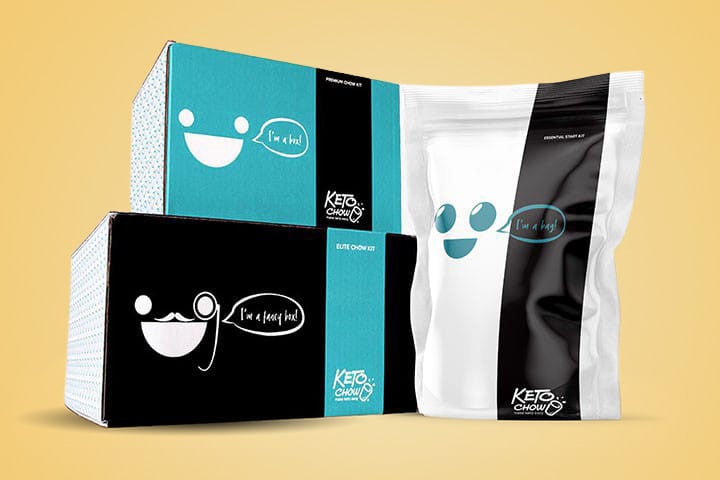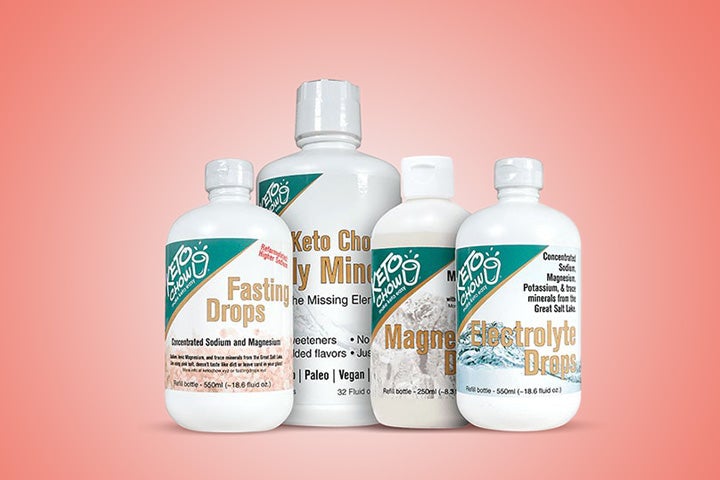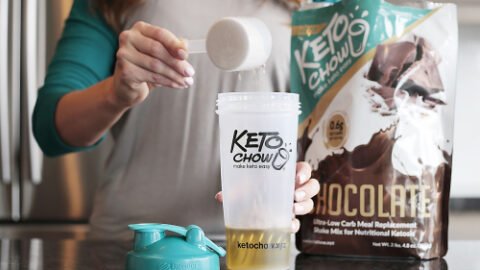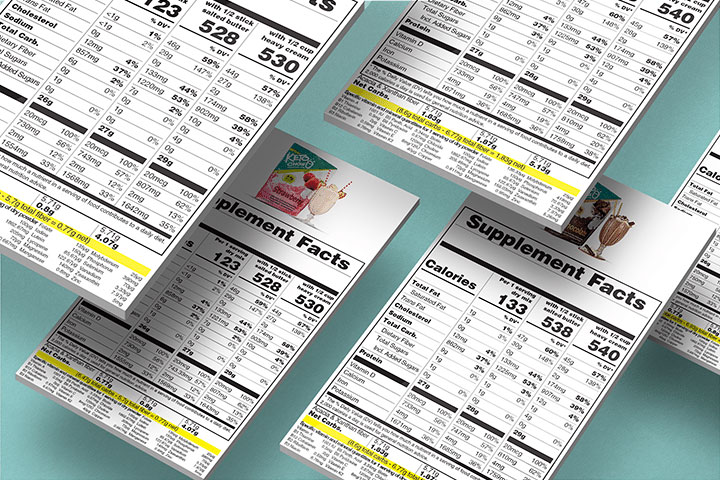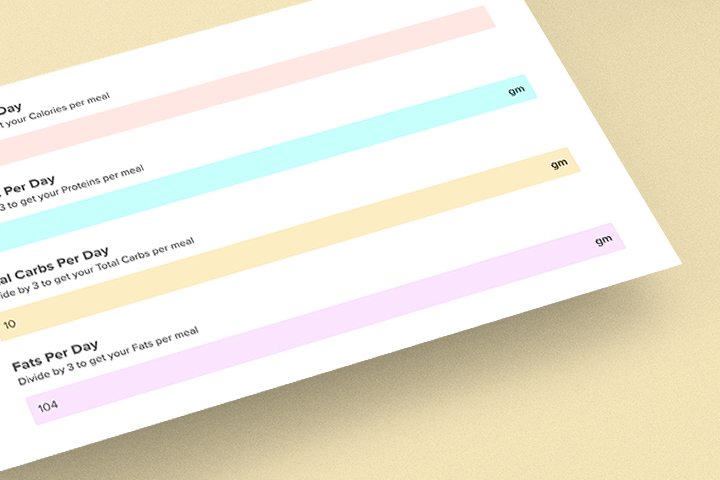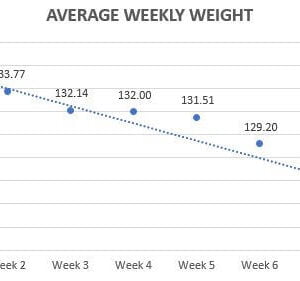“Available evidence suggests that carbohydrate restriction and ketosis afford benefits to kidney function.”
BMJ Open Diabetes Research & Care
It’s undeniable that keto diets are good for weight loss, reversing type 2 diabetes, and improving conditions related to metabolic syndrome, like PCOS and hypertension (high blood pressure). However, there are still a lot of myths about keto that make people afraid to try a diet change that could radically benefit their health and quality of life.
One of the myths that persists despite mounting evidence to the contrary is that keto is bad for the kidneys. So what’s the deal? If keto helps you lose weight, ditch your diabetes meds and say goodbye to pills for blood pressure, heartburn, and joint pain, should you worry that all these good things are happening at the expense of your kidneys?
What Do the Kidneys Do?

Along with your liver, lungs, skin, and intestines, your kidneys are major players in detoxification – removing harmful substances from your blood and facilitating their excretion from your body.
Think of your kidneys as your body’s waste treatment facilities. But they don’t just remove harmful substances and metabolic waste products. They also help to regulate the amount of certain critical compounds in your body, like sodium, potassium, calcium, glucose, and uric acid.
Additionally, the kidneys help to regulate blood pH and blood pressure, and they play a role in synthesizing red blood cells and vitamin D. And it’s a little-known fact that the kidneys perform gluconeogenesis – making glucose from other molecules. (The liver usually gets all the credit for this, but the kidneys contribute, too.)
Gluconeogenesis
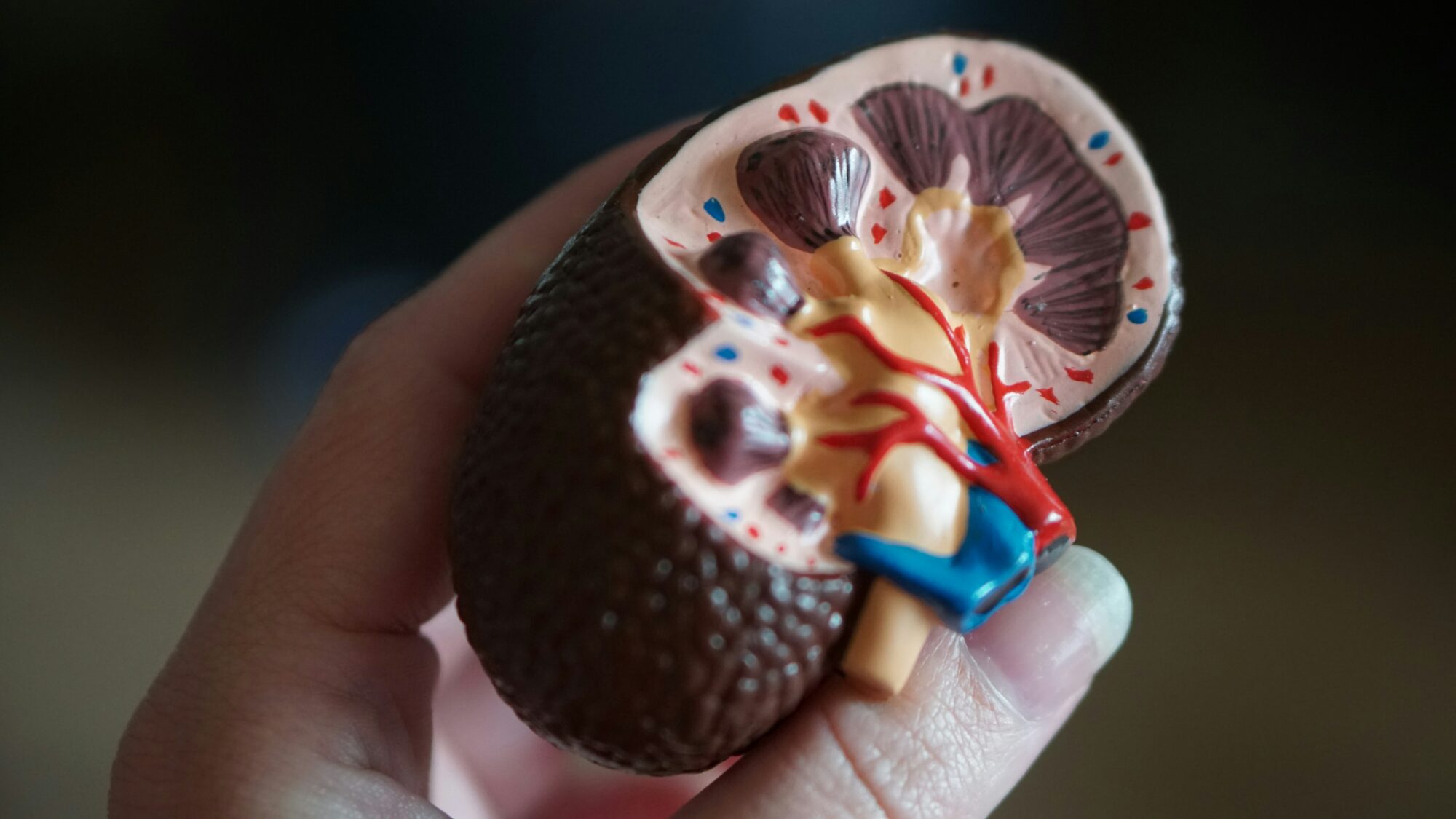
Gluconeogenesis gets a bad rap in the keto world, but without it, fasting or following a ketogenic or carnivore diet would be deadly.
The kidneys are small, but they are hardworking little buggers! They typically constitute less than 0.5% of total body weight but they receive 20-25% of resting cardiac output (blood flow). In adults, renal blood flow – the blood flow through both kidneys – is about 1200 mL per minute.
This means every sixty seconds, your kidneys receive about 40 ounces (5 cups) of blood. Every minute! Assuming a healthy filtration rate, the kidneys filter around 200 quarts of fluid per day. Approximately two quarts are eliminated from your body in the form of urine, and the remainder – about 198 quarts – is retained in the body.
What Happens in Kidney Disease?
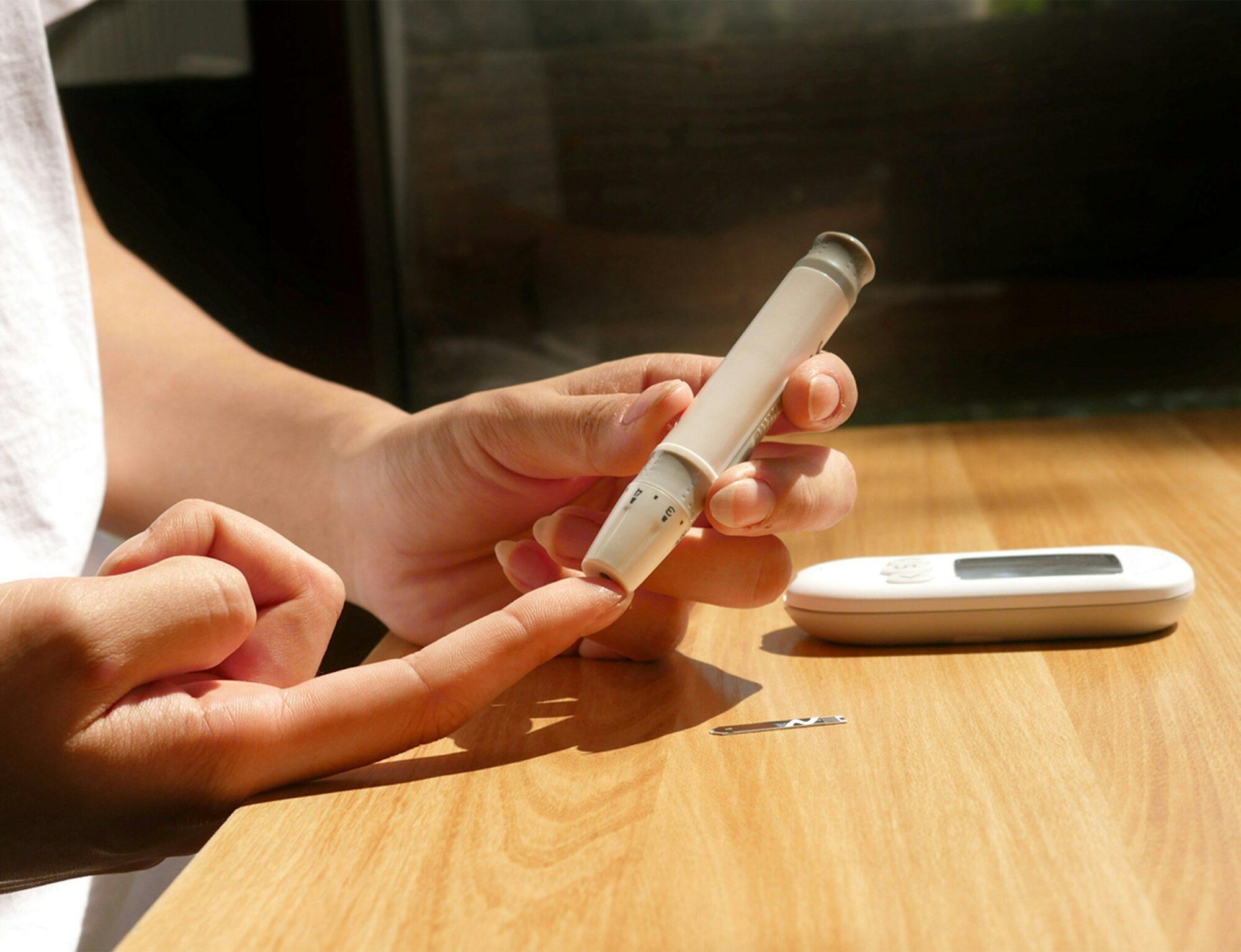
When kidney function is compromised, the rate at which the kidneys are able to filter the blood decreases, making them less effective at removing wastes. This means that harmful compounds build up in the blood and the kidneys also struggle to perform their other functions.
Kidney disease is diagnosed through kidney function tests: a low eGFR (estimated glomerular filtration rate), and elevated levels of compounds the kidneys normally filter out, like creatinine and blood urea nitrogen (BUN).
When kidney disease is not managed well it may progress to kidney failure, at which point dialysis is required – where a machine performs the kidneys’ filtration job. A kidney transplant may be needed.
The good news is, most kidney disease is preventable, and the way to prevent it is by avoiding the most common causes.
What Causes Kidney Disease?
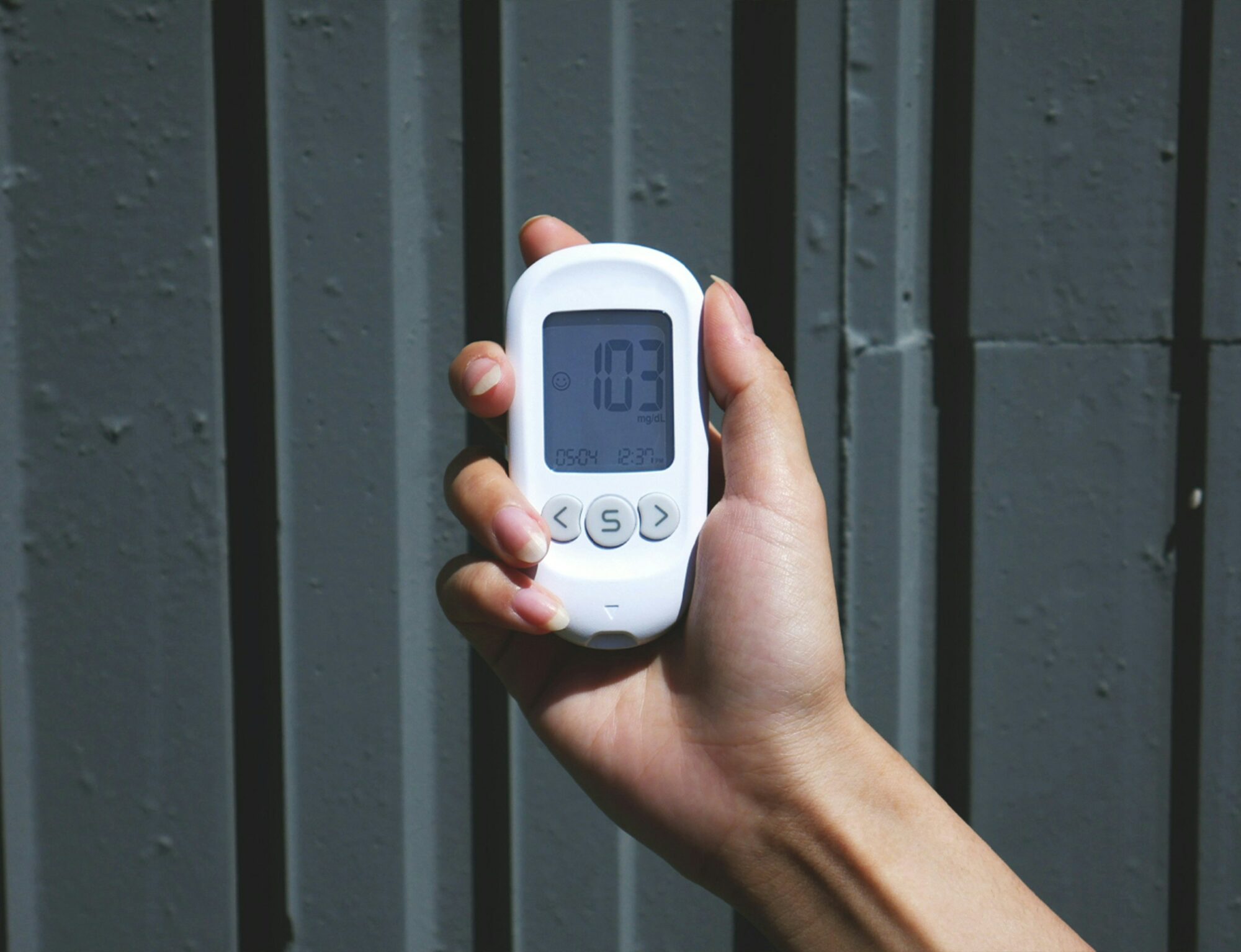
According to the American Kidney Fund, diabetes and hypertension are the two biggest causes of chronic kidney disease (CKD) and kidney failure. Diabetes is responsible for 47% of new cases of kidney failure, and hypertension is responsible for 27% of new cases. Among adults, 90-95% of diabetes is type 2, so, taken together, type 2 diabetes and hypertension are responsible for nearly 75% of all cases of kidney failure.
Other causes of kidney disease include infections, genetic conditions, drugs or heavy metals that damage the kidneys, and autoimmune conditions that target the kidneys.
How Does Keto Affect the Kidneys?
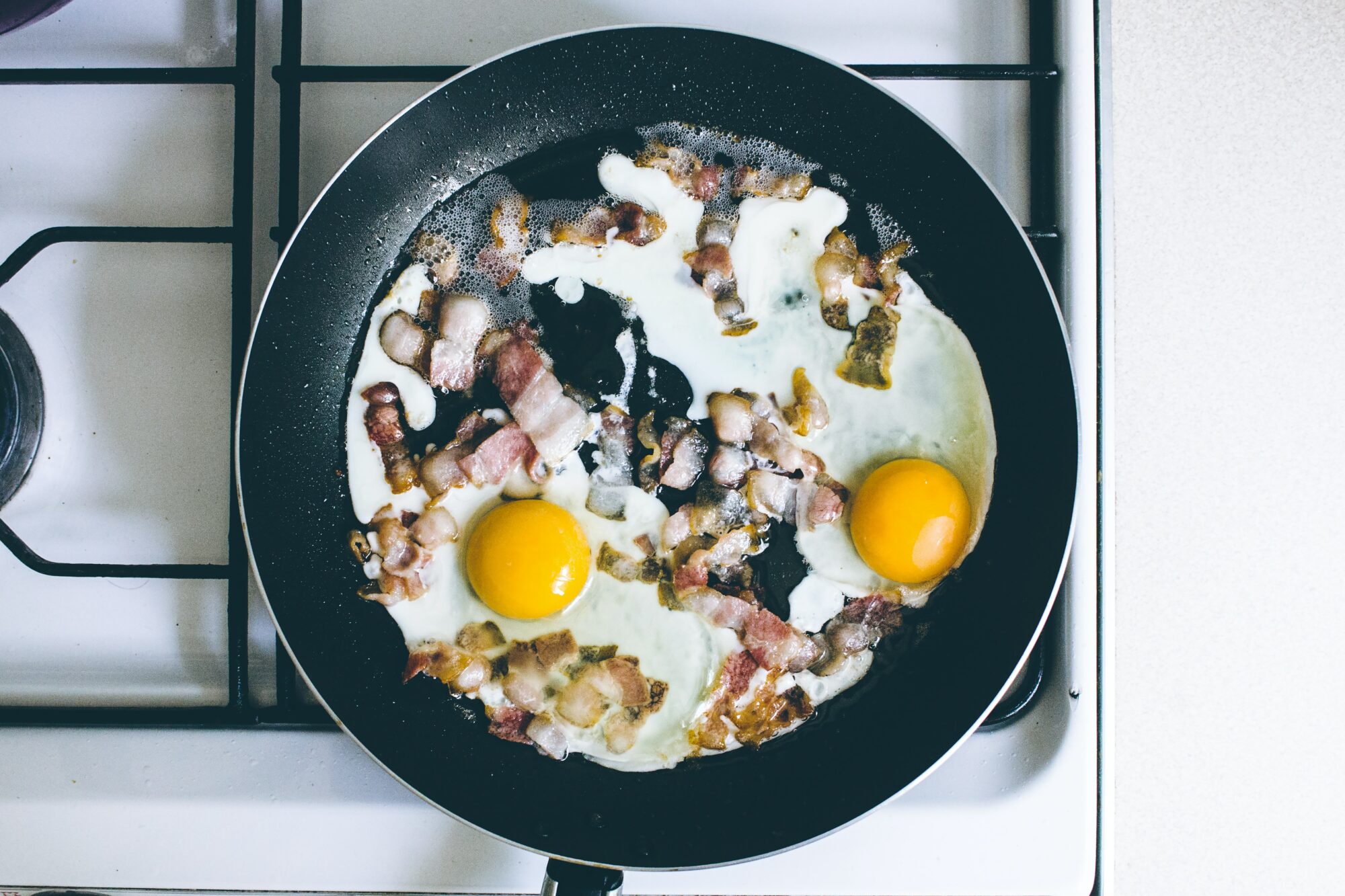
This is easy: keto supports healthy kidney function.
I could end this section with that one sentence, but let’s take a look at the research.
Conventional treatment for CKD at best merely slows the disease progression – meaning, kidney function continues to decline; it just declines more slowly. On the contrary, a very low-calorie ketogenic diet was shown to actually restore healthy kidney function in 27% of subjects with mild CKD.
(The diet partially consisted of meal replacements and calorie intake was very low for part of the study, so it might not be reflective of what happens when people are free to choose their own food, but it still shows that being in a ketogenic state didn’t only stop the disease from getting worse – it actually made it better.)
Biggest Beneficial Effect On Kidney Function
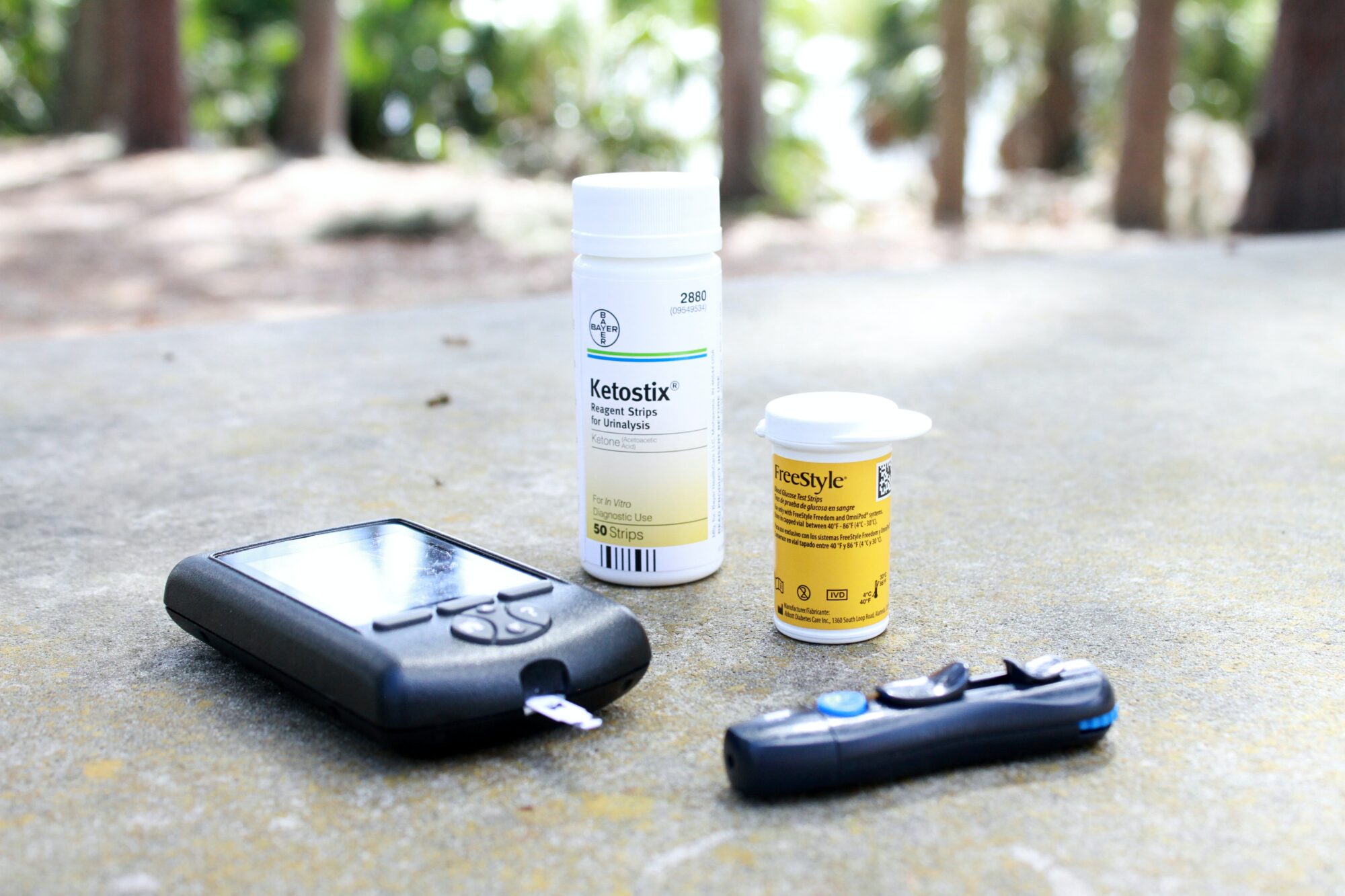
Findings in people following more typical low-carb diets also support a beneficial effect of this way of eating on kidney function. Compared to low-fat and Mediterranean diets that both called for calorie restriction, a low-carb diet unrestricted in calories was shown to have the biggest beneficial effect on kidney function.
In patients with moderately to severely reduced kidney function, a low-carb diet resulted in either no change to eGFR or an improvement. In patients with type 2 diabetes and normal kidney function or mild CKD, markers of kidney function improved after following a low-carb diet.
Keto diets shine even for kidney disease driven primarily by genetic mutations. In a study of keto for autosomal-dominant polycystic kidney disease – the most common genetic cause of kidney failure – keto resulted in improved kidney function while people following their usual diet or doing periodic fasting (fasting three days per month) continued to decline.
So, is keto bad for the kidneys? I’ll let the authors of a paper that reviewed keto diets specifically in the context of chronic kidney disease say it clearly:
“Altogether, the available clinical studies and experience to date suggest that KMT [ketogenic metabolic therapy] is feasible in patients with CKD and does not harm the kidneys but rather has beneficial effects including CKD remission.”
But Isn’t Protein Bad for the Kidneys?
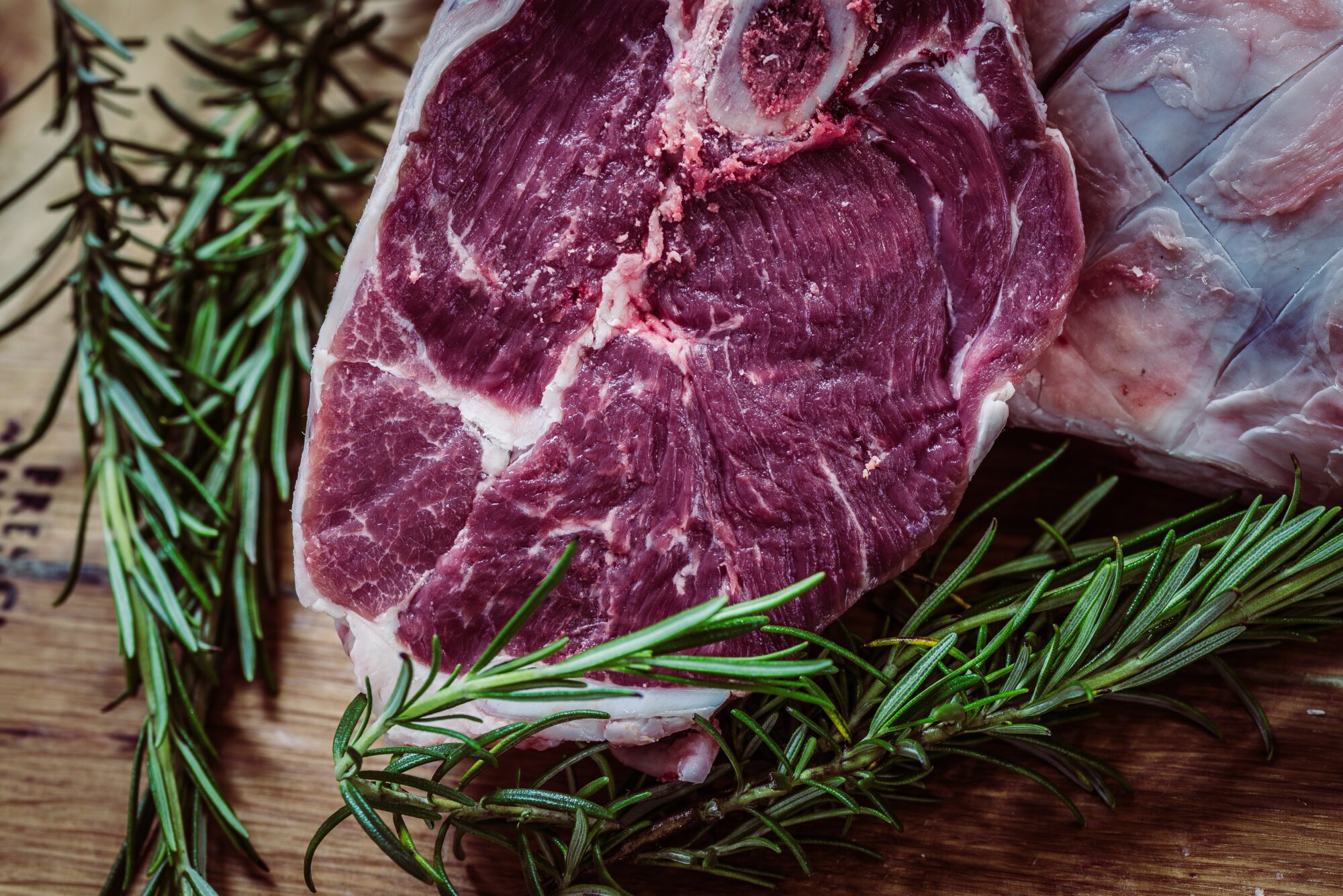
Dietary protein restriction has long been a standard recommendation for people with kidney disease. However, recent research shows that this is not effective (and therefore not necessary) in most cases. Plus, several studies showing that low-carb diets are beneficial in CKD “used a higher protein approach along with ketosis and still saw benefits.”
In a study of people with type 2 diabetes and diabetic nephropathy, a low-carb diet with 25-30% of calories from protein – which is much more than typically recommended for people with kidney disease – was more effective for slowing disease progression and reducing deaths compared to a low-protein, high-carb diet.
It’s important to note that keto isn’t a high-protein diet. The fundamental tenet of keto is keeping your carbohydrate intake very low – not gorging on protein.
But even if someone does eat a higher protein keto diet (like a carnivore diet), there’s no evidence – none at all – that consuming a high-protein diet increases risk for CKD. In a paper that covered 13 risk factors for CKD, there was no mention of a high protein intake.
What the CDC recommends
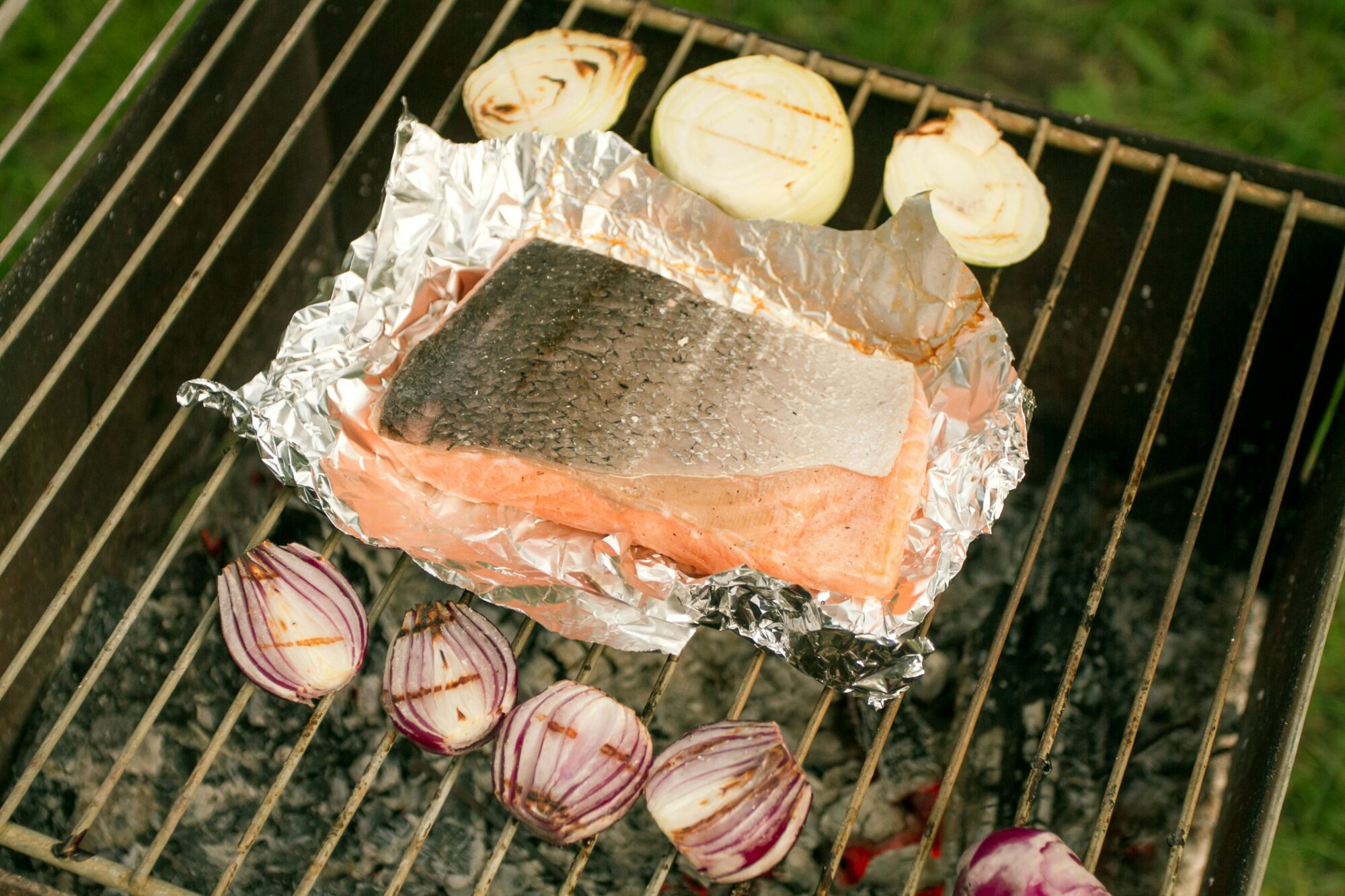
The U.S. Centers for Disease Control and Prevention (CDC) recommends keeping your kidneys healthy by managing your blood sugar and blood pressure.
They say nothing about limiting dietary protein. High protein intake is also conspicuously absent from the National Kidney Foundation’s list of causes of CKD. Considering the war on animal protein going on these days, if there were even a small association between high protein intakes and kidney disease, mainstream medical organizations would be shouting it from the rooftops.
Popular low-carb physician Ted Naiman, MD said it well:
“Not only are there zero case reports of kidney injury from high protein diets – the medical dogma of restricting protein in chronic kidney disease is almost purely mythical.”
Summing Up

Keto diets support healthy kidney function by improving or completely reversing the two biggest causes of kidney disease: type 2 diabetes and hypertension.
If you already have kidney disease, keto may help slow the progression or possibly even improve your kidney function – and evidence indicates that you don’t need to restrict your protein intake, especially if you have only a mild reduction in kidney function. Work with your doctor to determine the appropriate course of action for you.
Learn more about the effects of low-carb diets on kidney function in this video lecture: Chronic Kidney Disease and Therapeutic Carbohydrate Restriction.
Looking for a low-carb meal?
Especially one that can be made in seconds? And tastes like dessert? Then check out Keto Chow! Keto Chow has 1/3 of your daily recommended nutrients, and it can be made in seconds.


